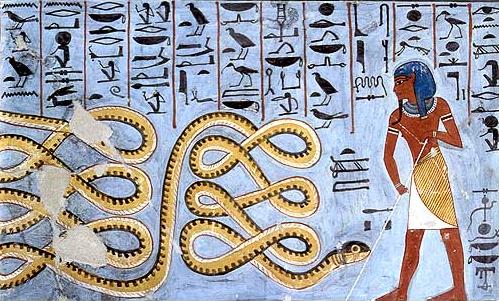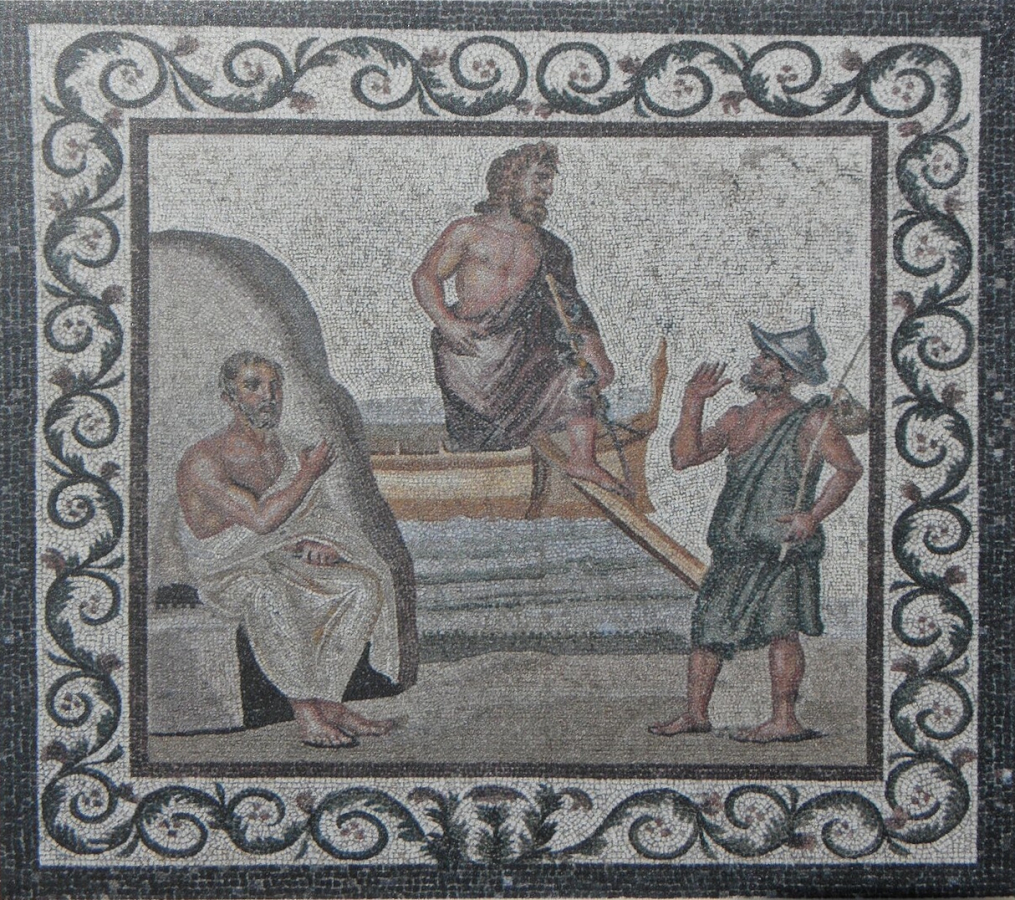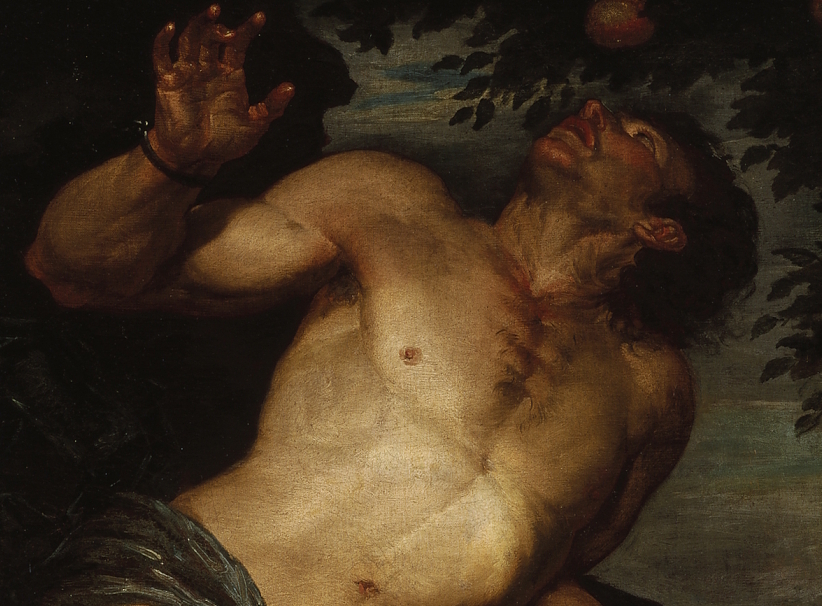Focus On: (99942) Apophis
Name origin: Ancient Egyptian personification of chaos, also known as Apep or Apepi, and the opponent of Ra (light) and Ma’at (order/truth). Appears in art as a giant serpent. He is supposed to lie below the horizon and not remain in the mortal kingdom, thus consigning him to the underworld.










